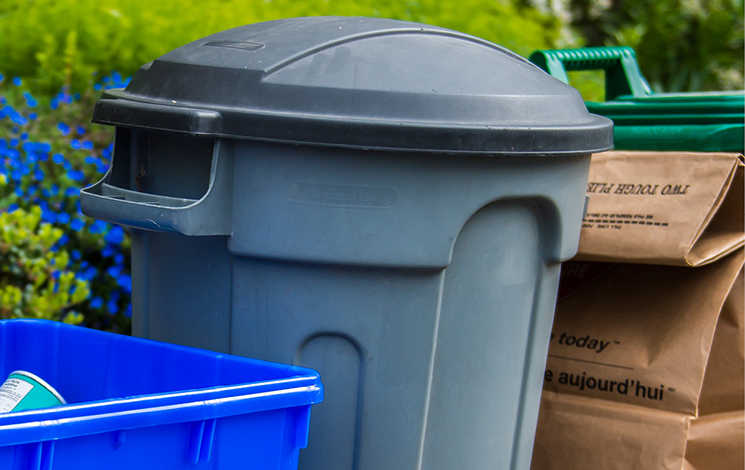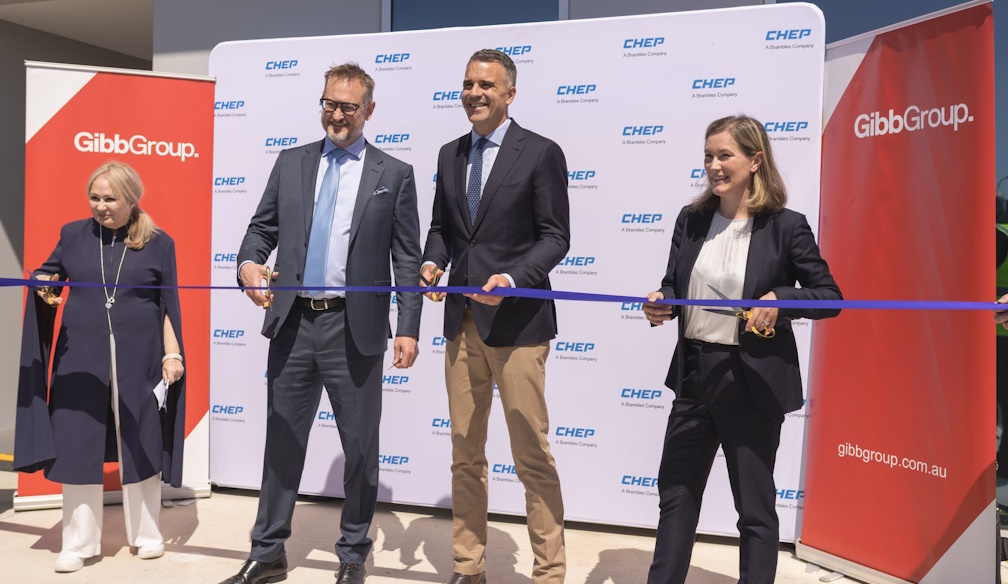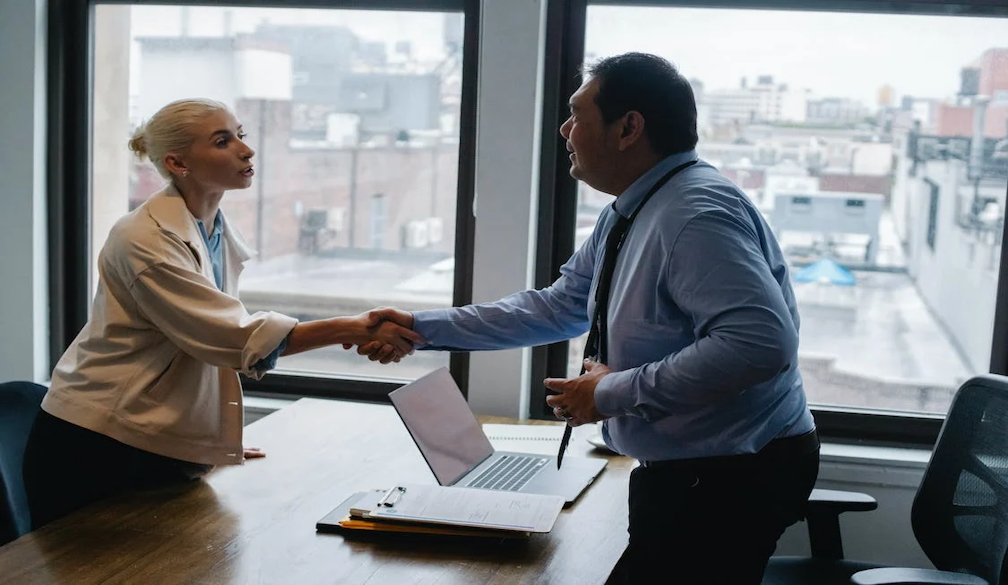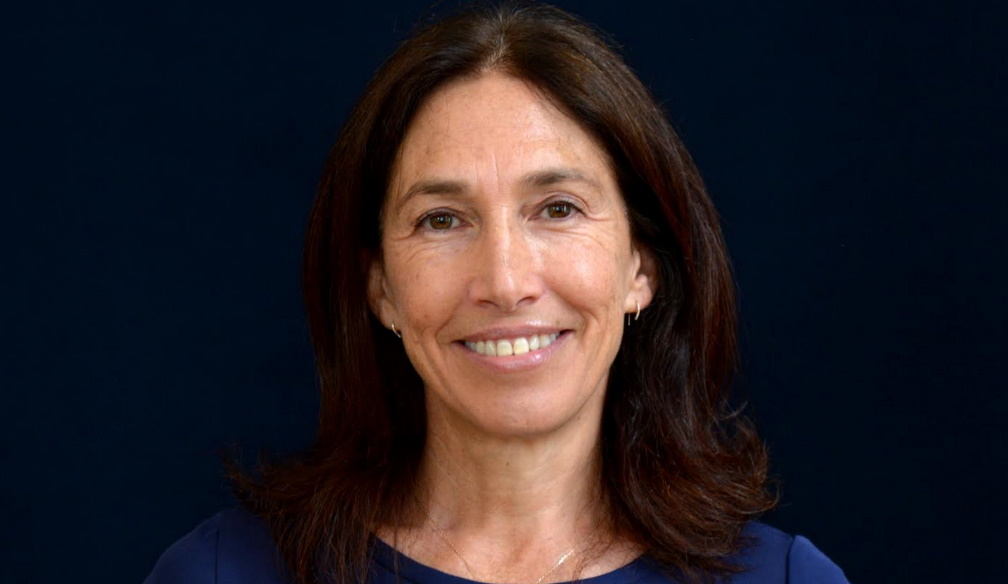New SA kerbside recycling trial aims to close the loop on soft plastic packaging

The trial, led by the Australian Food and Grocery Council (AFGC) in partnership with CAWRA (the Central Adelaide Waste and Recycling Authority), and the Cities of Adelaide, Charles Sturt and Port Adelaide Enfield, is part of designing an industry-led scheme for recycling soft plastic packaging in Australia. The scheme aims to create an advanced recycling industry producing sought-after recycled, food-grade soft plastic packaging, which currently isn’t made in Australia.
In the trial, set to hit a small number of SA households, residents in designated areas will receive kits with specially designed bags to be filled with eligible soft plastic packaging, such as bread and frozen vegetable bags, ice cream wrappers and toilet paper wrap. Full bags go into the household recycling bin for the regular council kerbside collection, after which the special bag will be sent to manufacturers for processing.
Co-funded by food and grocery manufacturers, State and Commonwealth Governments, this trial is one of a number being conducted as part of the National Plastics Recycling Scheme (NPRS) project. The project aims to reduce soft plastic waste and provide educational resources about recycling for kids and families.
The trials will help validate the model for kerbside collection and sorting, one that provides a clean stream of used soft plastics and can be scaled up for an emerging advanced recycling industry.
“Our community is telling us they want to recycle soft plastics,” said Mr John Niarchos, CAWRA Chief Executive Officer. “CAWRA is committed to being part of the solution to soft plastic recycling, and to making recycling as easy as possible for residents.”
“Soft plastics are only recyclable if they’re presented in one of the specially designed bags we mail to households as part of this trial.”
“Placing soft plastics inside brightly coloured bags in kerbside recycling bins has worked well for a number of Councils interstate. This trial will help us understand the level of public support for this approach, and what take-up we might see here in South Australia.”
“We are deliberately testing slightly different approaches in each of the 3 Councils,” he said.
Specific areas within the Cities of Charles Sturt and Port Adelaide Enfield have been chosen to take part. If you live in Woodville South or Beverley and have your bins picked up on a Thursday, or live anywhere in the suburb of Alberton, your soft plastics recycling starter kit will be delivered to you over the coming weeks.
By contrast, residents in the City of Adelaide who have a regular kerbside bin service can opt into the program by downloading the ‘Curby’ app to be sent their ‘starter pack’. Take up is limited to 1,000 City of Adelaide residents and more details on how to ‘opt-in’ are provided on the Council website.
In total there are up to 4,000 households participating in the trials across all 3 Councils.
The 3 Councils are also testing different types of bags – with the Cities of Adelaide and Port Adelaide Enfield both testing the yellow ‘Curby’ bags, and the City of Charles Sturt testing an orange, translucent bag.
"Across all 3 participating Councils, the process for all trial participants remains the same," said Mr Niarchos. “Place your soft plastics in the special bags we send you, and when it is as full as a pillow, tie the bag off and place it in your yellow kerbside recycling bin.”
“It is very important that only soft plastics go in the coloured bags to be recycled,” he said.
“If you put soft plastics in the bin loose, we can’t recycle it.”
“If you are not in a trial area, all soft plastics still need to go in your kerbside waste bin.”
AFGC CEO Tanya Barden said the trials are a key part of closing the loop for soft plastic packaging, capturing it as a resource to help meet demand from Australia’s food and grocery manufacturers for food-grade recycled packaging.
“Soft plastic packaging plays a vital role ensuring the freshness and protection of food, personal care and home care products,” Ms Barden said.
“Manufacturers use soft plastics because they are strong and light with a low carbon footprint and the industry is committed to further improving the environmental profile of this material,” she said.
Advanced recycling breaks clean, shredded soft plastics back down into new products such as oil – from which plastics are made in the first place. That “plasti-crude” oil is then refined and made back into new plastics.
The NPRS project trials are supported by funding from the Australian food and grocery manufacturing industry and the Australian Government. The South Australian trials have also received funding from Green Industries SA and the participating Councils.
Since securing a grant under the federal government’s National Product Stewardship Investment Fund in 2020, work on the recycling scheme has stimulated new investment in advanced recycling infrastructure, with four facilities now either in operation or development.









